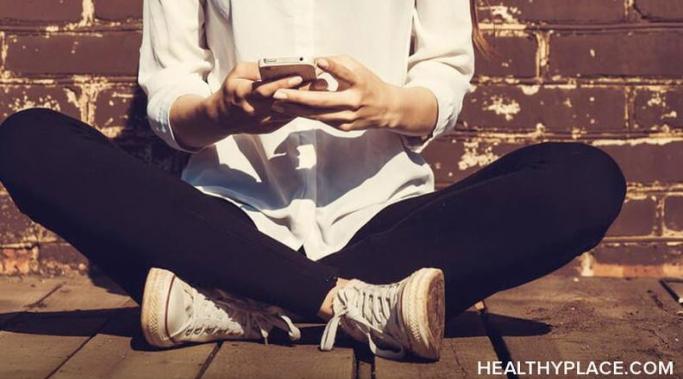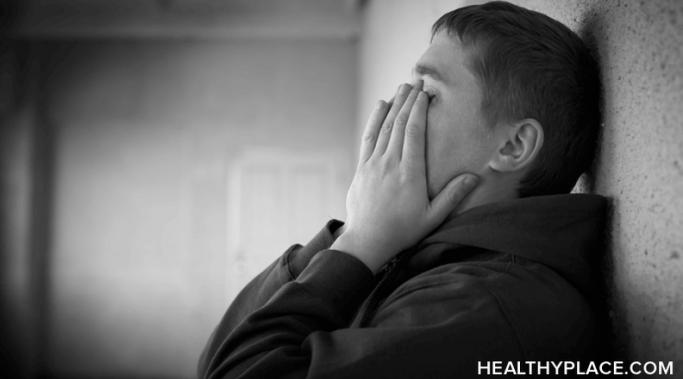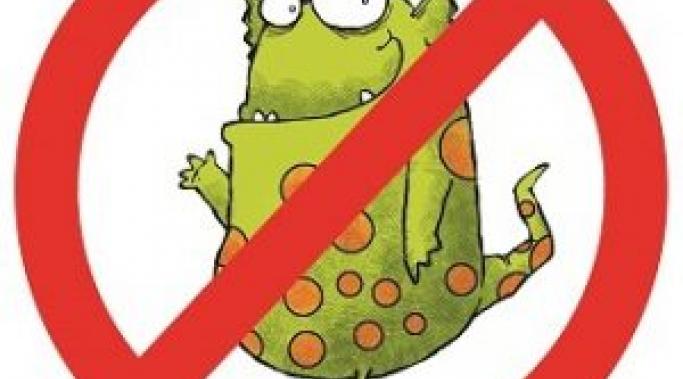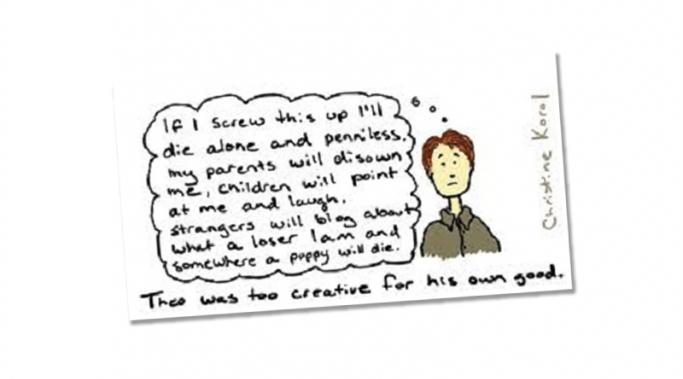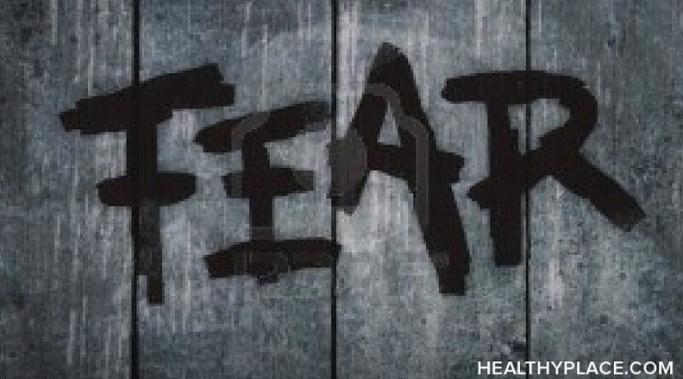If you are anything like me, you’ll find the news media to be a virtual minefield of anxiety and panic attack triggers. Television, radio, newspapers, magazines, and the Internet are constantly bombarding us with headlines about various happenings in the world. Whether local, national, or world news, the one thing that is certain is that media will find, create, or report on anything that will draw our attention.
More often than not, the news is negative. Anything tragic or controversial crowds the front pages and runs at the top of the hour. The phrase, “if it bleeds, it leads,” appears to be the measure of newsworthiness for any story. Constantly being bombarded with stories of danger, crisis, and violence is enough to leave even the most level-headed among us feeling anxious about our own safety and that of our loved ones.
Effects of Anxiety
Human beings are much like beautiful gardens. Within each of us are many different types of lovely flowers. Everyone’s garden is unique to him or her; indeed, we have different flowers—different personality traits, strengths and talents, and interests and abilities. That said, all of our inner gardens, like the dirt-and-plant sort, have a similarity. They can become peppered with, and even overrun by, weeds. For people, a very common, very noxious weed is anxiety. What happens when our inner gardens become infested with the weed of anxiety, and what can we do about it?
When people know my diagnosis of bipolar and anxiety disorders — and given my line of work, most do — they tend to assign all of my actions to said diagnosis. Confrontation and disagreement, as an example, turn into signs that I am escalating to a manic state state or having an anxiety or panic attack. But anxiety disorder and confrontation don’t exactly go hand in and hand.
I am a strong person, physically. At six-foot-three inches tall and 250 pounds, most people wouldn't waste their breath arguing that assertion. And, whether because of, or in spite of, my bipolar and anxiety diagnoses, I consider myself to be strong mentally, as well. I am intelligent, accomplished, likeable, and successful.
Despite the mountains of evidence of this, my brain works diligently to convince me that every interaction I have with another person is a misstep. If I text someone and they don’t reply back, it is obvious they are mad at me. If someone doesn't answer the phone when I call, say hello when they pass by, or reply to my email, then my mind goes into what can only be described as an emotional roller coaster.
Many people who suffer from anxiety and panic disorder, me included, have trouble explaining to others why we are having anxiety. Folks understand the traditional “butterfly in the stomach” analogy as to what anxiety feels like and can relate to feeling anxious about visiting the dentist.
However, the part the really confuses people is how one can be anxious about something when the “something” doesn’t appear to exist.
What’s worse than a panic attack? Having panic induced publicly. In many cases, the public display of anxiety is more troubling than the attack itself. Having an anxiety attack is quite a bit to worry about and adding in the concern for how you are perceived by the people watching is another level entirely.
Like over 40 million people in the United States, I have an anxiety disorder. Two, actually: generalized and social. When living with anxiety, sometimes we're in control. Sometimes, though, anxiety is in control and it seems to chase and overpower us. I recently connected with psychologist and author Dr. Dan Peters, who calls anxiety the Worry Monster. That's apt. Just what does this monster do to people, and can we tame it?
Fear. Terror. Worry. Obsessive thoughts. Anxiety and all of its manifestations can be crippling. The mind races with worst-case scenarios, and the anxious thoughts can be unrelenting. As if the thoughts themselves aren't bad enough, it's common for another worry to bubble to the surface of the mind plagued by anxiety: are these thoughts real, and can I trust them?
The idea that fear and anxiety are tightly woven together is widely accepted by mental health professionals. I agree, and you might too. But is anxiety only the fear of fear itself?
Have you ever experienced a restlessness that goes beyond restlessness? Perhaps you've felt at times as though you were going to explode out of your own skin. Maybe your anxiety has sometimes completely prevented you from relaxing no matter what you do to bring a sense of tranquillity. When calming activities agitate rather than soothe, do the opposite: take action, repetitively.
